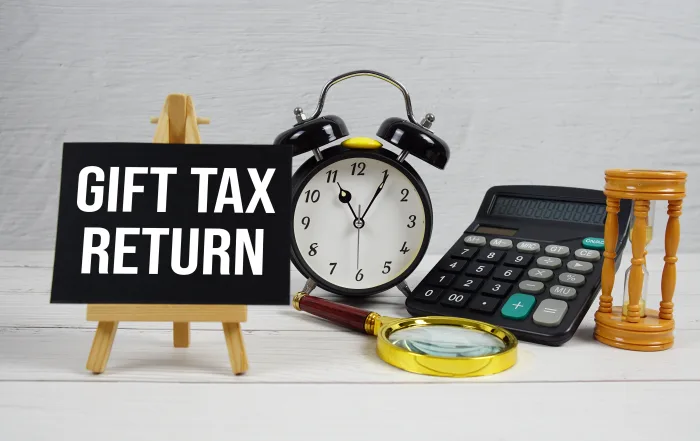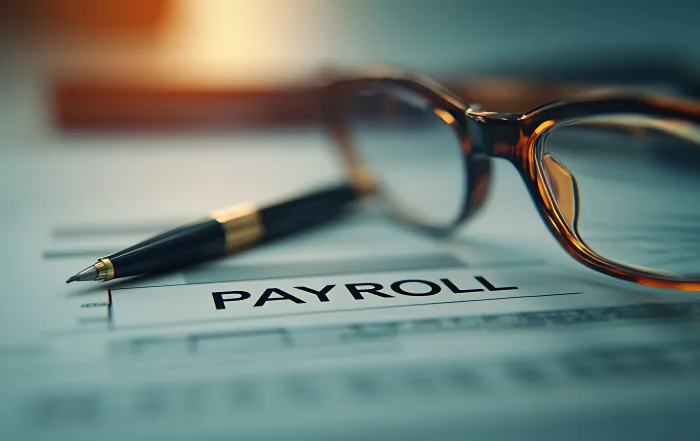Imagine this: your growing company needs a vehicle. Maybe it’s for meeting clients, hauling supplies, or simply upgrading your professional image. But then comes the tricky decision—buying or leasing a car for small business. On the surface, it seems simple: purchase outright if you can, lease if you can’t. Yet as any experienced CPA will tell you, the real answer is layered with tax implications, cash flow considerations, and long-term strategy.
At Simplicity Financial, we guide small business owners through these decisions every day. With services like small business CPA support, outsourced bookkeeping, and fractional CFO services, we help ensure these choices benefit your bottom line—not hurt it.
👉 Thinking about acquiring a vehicle? Contact us today and let us analyze whether buying or leasing is the smarter financial move for your small business.
How This Decision Impacts Your Business
Choosing to buy or lease a car for small business has long-term financial consequences. Here’s why:
- Taxes: Each option offers different deductions. The IRS allows either actual expenses or mileage deduction methods (IRS standard mileage rates), but ownership and leasing rules vary.
- Cash Flow: Leasing usually requires less upfront cash, while buying demands more capital but builds equity.
- Image & Growth: A vehicle represents your brand. Clients may see it as a reflection of your professionalism.
The decision is not just about wheels! Big decisions like whether to buy or lease a vehicle affect more than cash flow—they also interact with your overall tax strategy. Curious about other deductions that can make a difference? Check out Who Benefits From SALT Deduction to see how state and local tax rules may impact your business finances.
Buying a Vehicle for Your Small Business
When you purchase, your company owns the asset. This means you can use IRS depreciation rules to deduct costs over time. For many small businesses, this translates into significant tax savings.
Pros of Buying:
- Ownership builds equity.
- Unlimited mileage and usage.
- Vehicle can be resold later.
Cons of Buying:
- Larger upfront cost.
- Depreciation risk falls on you.
- Repairs and maintenance become your responsibility.
If you’re considering not just vehicles but also larger investments, our resource on how to buy equity in a small business explains how ownership builds long-term value.
Leasing a Vehicle for Your Small Business
Leasing can be attractive if you want lower monthly payments and the flexibility to upgrade every few years.
Pros of Leasing:
- Smaller upfront costs.
- Predictable monthly expenses.
- Access to newer, fuel-efficient models.
Cons of Leasing:
- Mileage restrictions.
- No equity—once the lease ends, you own nothing.
- Potential fees for excess wear and tear.
As the IRS leasing rules explain, lease payments are deductible, but you cannot claim depreciation. This distinction often changes the math for business owners.
Lease or Buy a Car for Small Business: Tax Comparison
When weighing whether to lease or buy a car for small business, here are the tax implications:
- Buying: Deduct depreciation, interest on loans, and actual expenses. Section 179 or bonus depreciation may allow larger deductions upfront.
- Leasing: Deduct lease payments and operating costs, but not depreciation.
Your choice depends on how you want to manage deductions now versus later. Our tax preparation outsourcing services can help structure the most tax-efficient plan.
Lease or Buy a Car for a Small Business: Cash Flow Impact
Another angle is how the decision affects your working capital. Leasing spreads costs out, which may free up funds for hiring, marketing, or inventory. Buying locks up cash but may save money long-term.
Our outsourcing accounting services for small business help owners track cash flow and model scenarios before making a decision. Looking ahead to 2026, new California rules could change how small business owners approach vehicle purchases. Read our latest guide on lease vs finance to see which option offers better tax advantages and flexibility next year.
Choosing whether to buy or lease a car for business affects cash flow, deductions, and long term planning. Our updated guide Buying a Car for Business: Tax Deductions Simplified explores how to buy a car for your business, how mixed personal use affects deductions, and the most common mistakes small owners make during the process. It adds deeper context to the guidance on this page and helps small business owners make confident and informed decisions.
Payment Methods and Financing
Whether you lease or purchase, you’ll need to think about how to structure payments. Will you use a loan, line of credit, or internal funds? Our guide on payment methods for small businesses highlights the pros and cons of each option.
When combined with our fractional CFO services, you’ll have a clear forecast of how each payment method affects long-term planning.
How Vehicle Costs Affect Your Business Plan
Vehicles are more than transportation—they’re part of your growth strategy. Incorporating this decision into your larger financial picture is vital. For example, our post on how can a small business owner be successful explains how proactive planning with a CPA supports long-term success.
If your company is expanding quickly, our CFO services for startups help ensure that major purchases—like vehicles—fit into a sustainable roadmap.
Other Factors to Consider
Beyond tax and cash flow, think about:
- Usage: High mileage needs often favor buying.
- Flexibility: If you need frequent upgrades, leasing may make sense.
- Branding: Owning allows for permanent customization with logos and wraps.
- Resale Value: Buying provides the chance to recoup some costs later.
These factors are unique to each business. That’s why partnering with professionals like Simplicity Financial helps align decisions with your goals.
Comparing This to Other Business Investments
It’s worth noting that deciding to buy or lease a car for small business is similar to broader questions like, “Should I incorporate?” Our resource on should I incorporate myself explores how structural decisions affect taxes, compliance, and flexibility. Vehicles are no different—they must be aligned with your larger financial structure.
Buy or Lease a Business Car With Confidence
So, should you lease or buy a car for small business needs? The answer depends on your tax goals, cash flow, and future plans. Buying builds equity and may offer larger deductions, while leasing provides flexibility and smaller upfront costs. The best decision isn’t universal—it’s about what works for your company right now and in the years to come.
At Simplicity Financial, we help small businesses across the U.S. weigh these decisions with confidence. Whether it’s outsourced bookkeeping, tax strategy, or fractional CFO guidance, we’re here to support every step of your journey.
📞 Ready to make the right financial choice? Contact us today and let’s put your business on the road to success.
Frequently Asked Questions About Buying or Leasing a Car for Small Business
Is it better to buy or lease a car for small business?
It depends. Buying builds equity and offers depreciation deductions, while leasing provides flexibility and smaller upfront costs.
What are the tax benefits of leasing versus buying?
Leasing allows you to deduct lease payments, while buying lets you claim depreciation and loan interest. A small business CPA can determine which is more valuable for your situation.
Can I lease or buy a car for a small business with poor credit?
Yes, but financing terms may be stricter. Strong bookkeeping, such as outsourced accounting services, can help strengthen your financial profile.
How do I know if leasing fits into my cash flow?
Forecasting is key. Our outsourced CFO services model your cash flow to ensure payments don’t strain operations.
Is buying or leasing a car for small business better long-term?
If you plan to keep the car for many years, buying is often better. If you want frequent upgrades, leasing may make more sense. Either way, Simplicity Financial can guide you.
Disclaimer: This article is for informational purposes only and does not constitute legal, tax, or accounting advice. The decision between buying or leasing a car for small business use depends on your unique financial situation, tax profile, and business goals. You should consult with a qualified CPA or tax professional before making any financial decisions.






